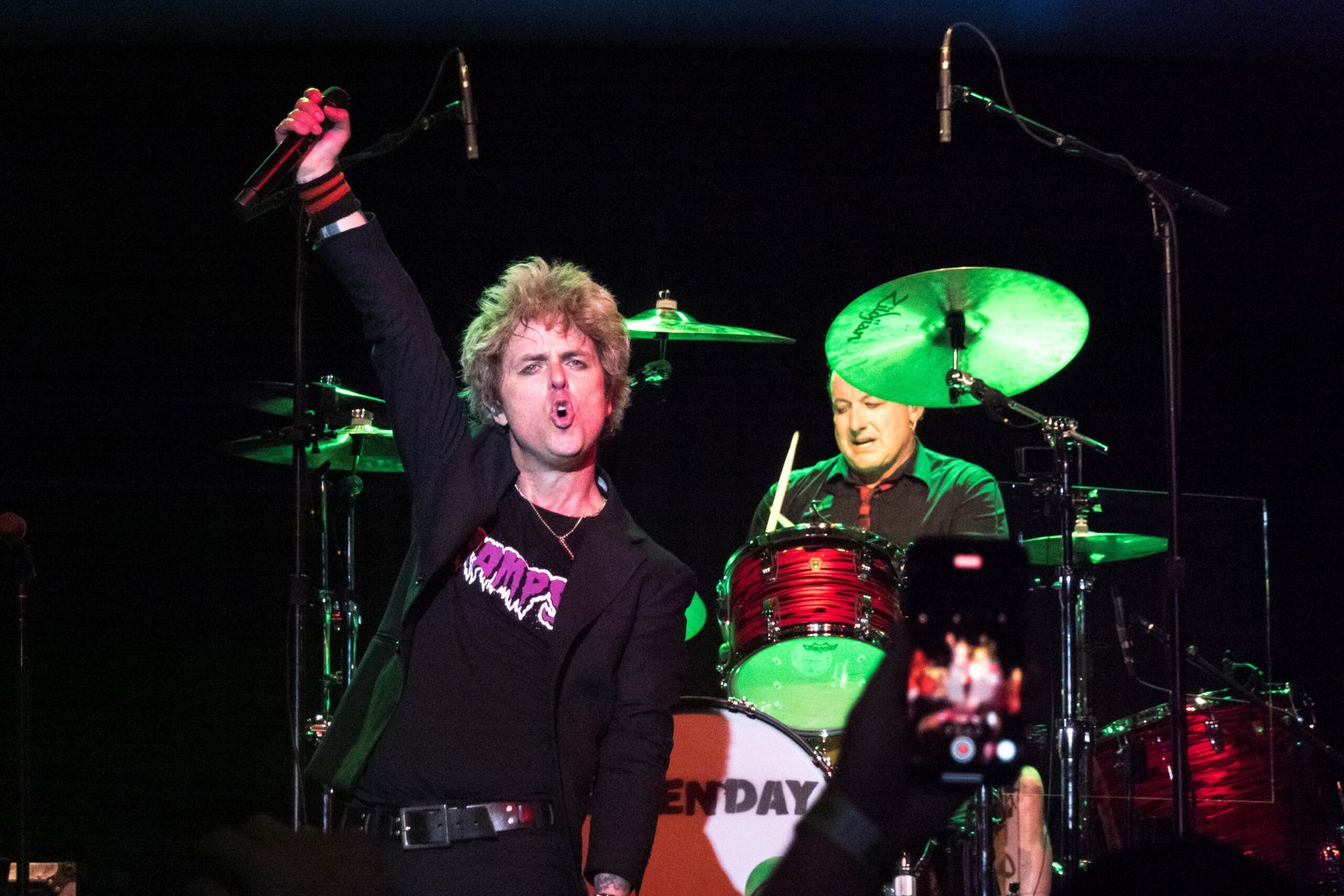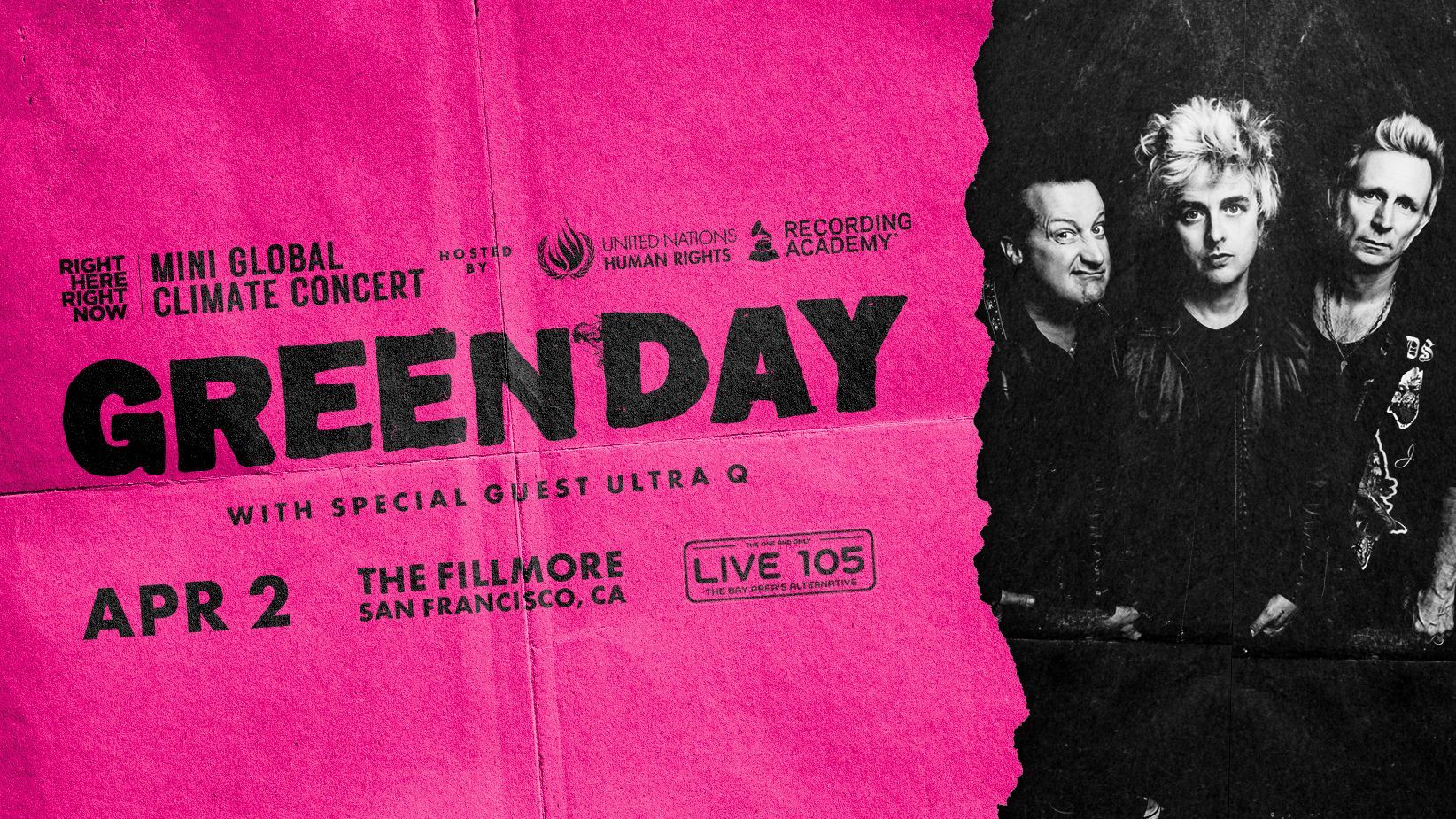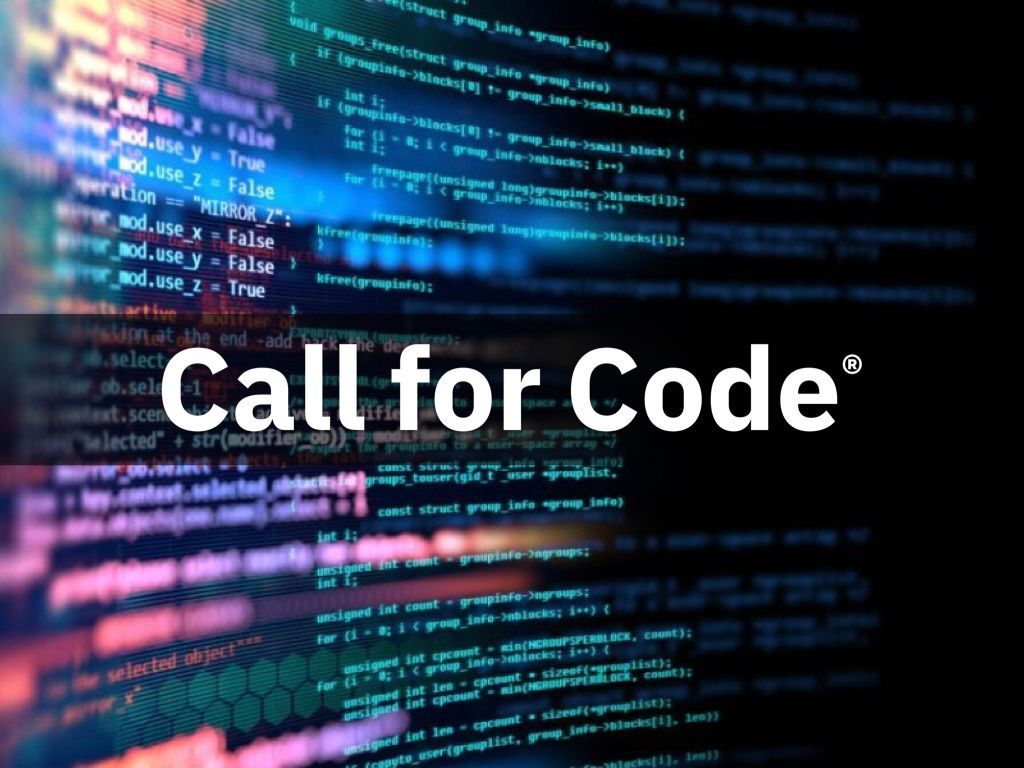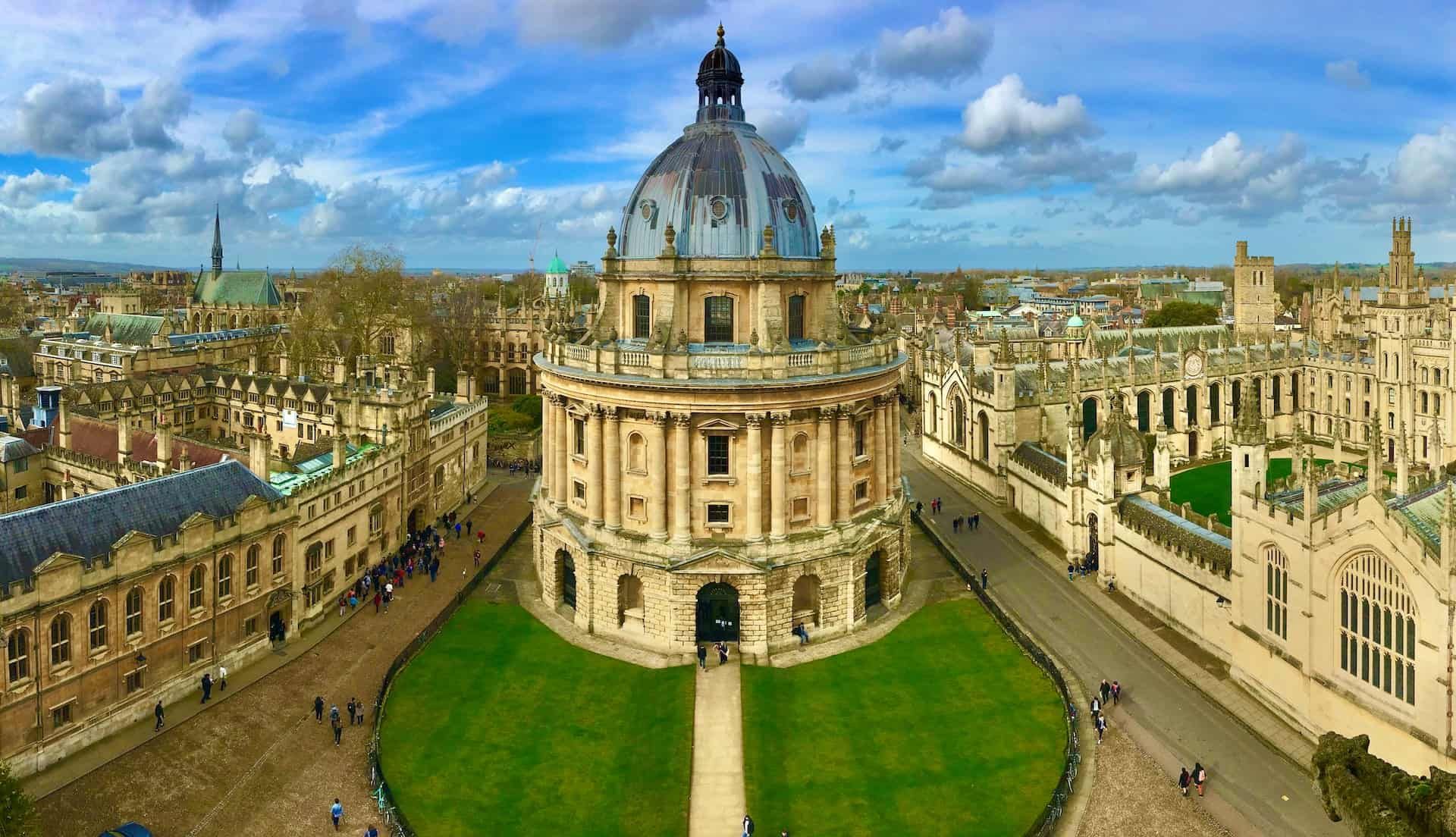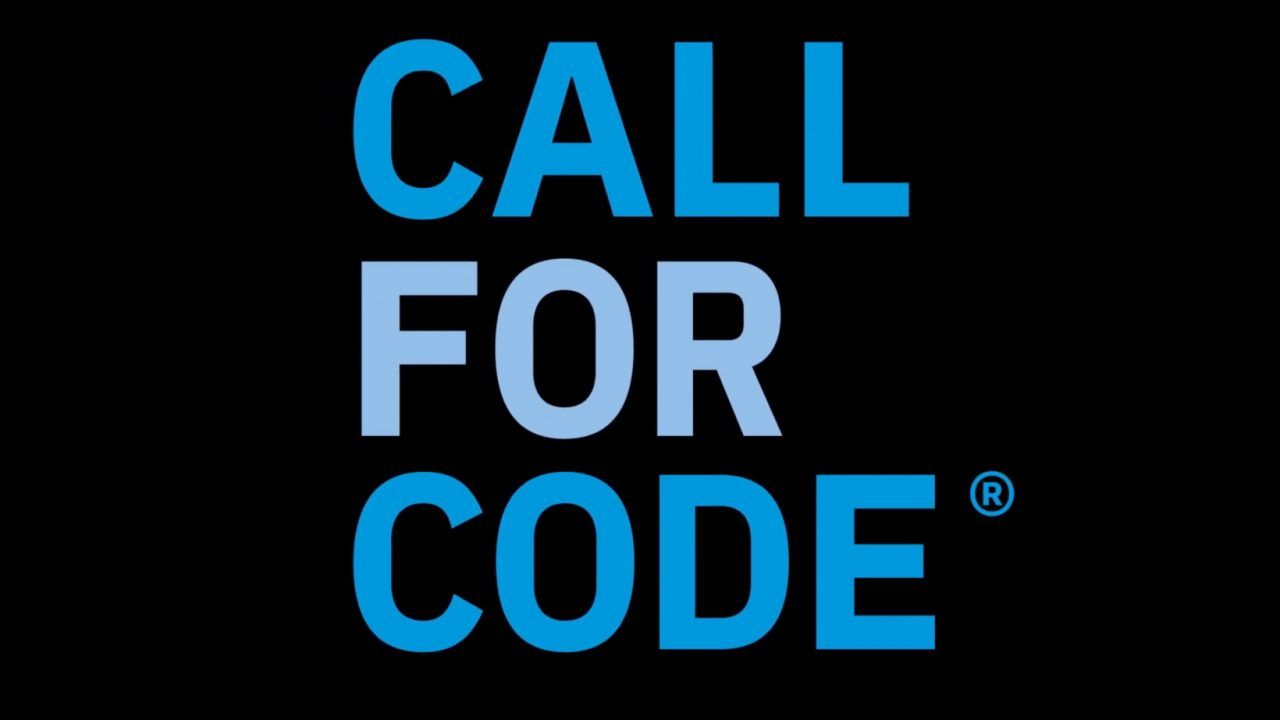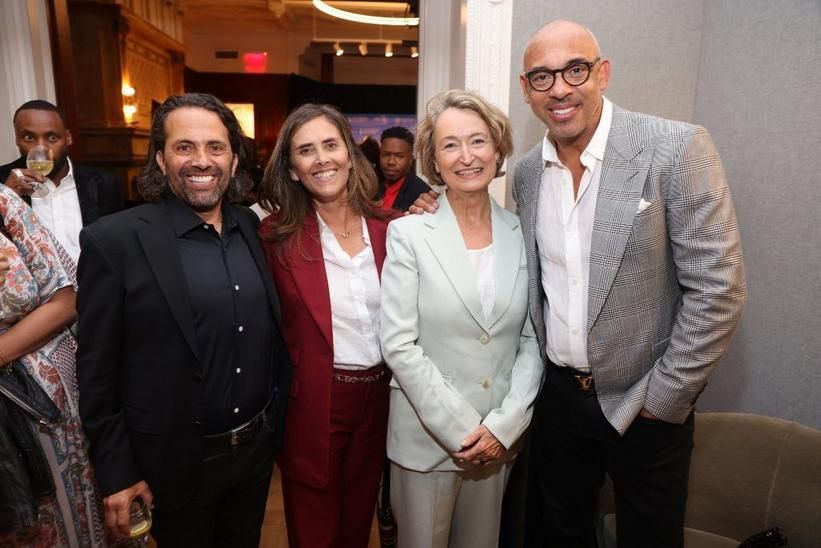Blog Layout
IBM and startup Grillo seek to bring low-cost, early-warning earthquake detection devices to Puerto Rico
Jun 09, 2021
Tech Republic
With the backing of the Clinton Global Initiative, the partners are calling on the open-source community to help the Caribbean island implement economically friendly EEW systems.
From: https://www.techrepublic.com/article/ibm-and-startup-grillo-seek-to-bring-low-cost-early-warning-earthquake-detection-devices-to-puerto-rico/
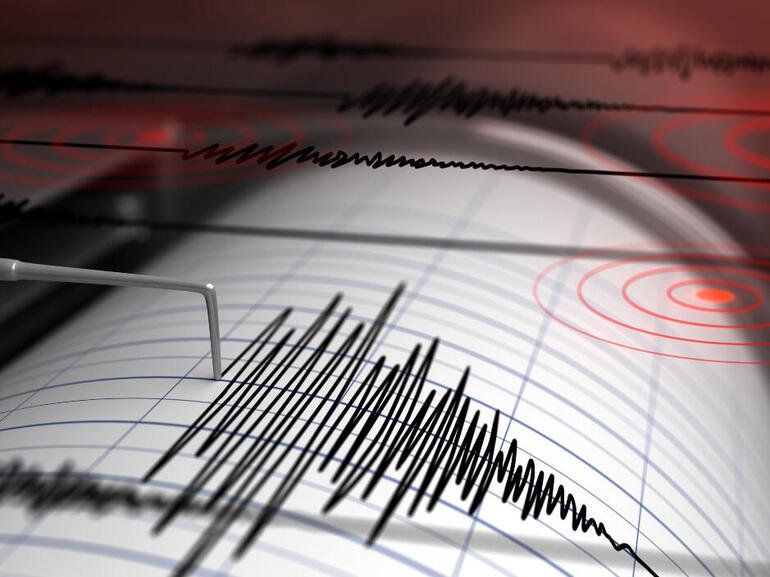
Image: iStock/petrovich9
In January 2020, Puerto Rico was throttled by earthquakes over a stretch of several weeks, wreaking havoc on homes, infrastructure and causing displacement of a mass of its citizens. According to some estimates, the economic toll from earthquakes in the Greater Antilles area that year resulted in $3.1 billion in damages. The Caribbean, in general, is a highly seismic region because of its location —sitting within an intersection of juggernaut tectonic plates.
And, what's more, traditional earthquake early warning (EEW) systems, which are designed to provide people with time to protect themselves from seismic events, are extremely expensive, resulting in most countries and territories not having full-spectrum ones that cover their entire regions. Enter Grillo, which calls itself a "Seismology-as-a-Service" startup, and one that wants to change the affordability and stretch of such systems. In collaboration with IBM and the Clinton Global Initiative and others, it is set to provide Puerto Rico with an open-sourced, EEW alternative.
Dubbed OpenEEW (open-source earthquake early warning), Grillo has developed sensors (with assistance from also the Linux Foundation) that are relatively cheap, open-source hardware designs — ones that can quickly detect if the ground moves, access cloud-based algorithms to verify an earthquake is happening (or about to), and then provide alerts to people via a mobile app or wearable.
More specifically, Grillo is cutting EEW overhead by using IoT, cloud computing and AI, as well as Node-RED analysis tools and a Docker-centered container solution. As Grillo has it, OpenEEW is a "promising low-cost, accessible option using off-the-shelf technology instead of the million-dollar systems often used today."
Last month, the former U.S. president, Bill Clinton, announced $25,000 in credits and open-source contributions from IBM, in conjunction with Grillo's proposed plans. In addition, the Puerto Rico Science Trust is promising funding for the project as well.
Since 2017, Grillo has launched its kits in Mexico, Chile and Costa Rica. And the company now wants to make its technology deployable in other seismically active regions, such as Nepal and New Zealand. Puerto Rico will be the first location in the Caribbean to land the open-source devices (for now, around 90 of them are set to be placed around the island).
And why do so few countries have nationwide earthquake early warning systems in the first place? The asking price for the implementation, Andres Meira, the Grillo co-founder told TechRepublic. "The Japanese EEW is said to have cost around $1 billion," Meira says. Adding: "Others such as ShakeAlert and the Mexican Seismic Alert System (SASMEX) regularly require 10s of millions of USD."
The early-detection technology ShakeAlert, which was created by the United States Geological Survey (USGS), is the EEW platform the U.S. currently uses for the West Coast (that is, in California, Oregon and Washington). SASMEX initiated operations in 1993 and has come with a hefty price as well.
Where do open-source volunteers factor into the project? According to Pedro Cruz, a developer advocate at IBM, "anyone from the open source community can get involved with and help OpenEEW; not just in Puerto Rico, but all over the world."
Cruz says "different communities across the world can help by advancing the different components (sensors, algorithms, alert devices) and by deploying sensor networks in different countries."
As TechRepublic previously reported, "[u]nlike a national seismic platform, the team's open-source EEW project is designed to create a global partnership rather than a nationalized network, allowing people around the globe to deploy these systems in their communities as part of a larger humanitarian patchwork of sensors."
OpenEEW came about from the Call for Code, an initiative to give solutions, via technology, that can be deployed in the communities with the greatest needs and make change.
"Since 2018 this movement," Cruz said, "has grown to over 400,000 participants across 179 nations, and developers have already created more than 15,000 applications using IBM technologies."
Call for Code was started by the global leader David Clark Cause, with IBM serving as its founding partner.
In a press release, Grillo and IBM say the detection code for their devices can use help by programmer volunteers and is being developed in Python and pushed out in Kubernetes. Moreover, Grillo says it is currently working on a "Carbon/React dashboard," which the public will be able to see and interact with the OpenEEW, as well as see recent earthquake occurrences.
Meira says "there are also individual citizen scientists who are installing their own OpenEEW sensors and connecting to our global system in the cloud." He adds that they are hoping that "eventually sufficient density of these stations" come about so "that a global EEW emerges."
On OpenEEW's website, it lays out how one can go about deploying sensors, implement detectors for earthquakes and send out alerts about one that may occur.
© Copyright 2020 / David Clark Cause, Inc.

